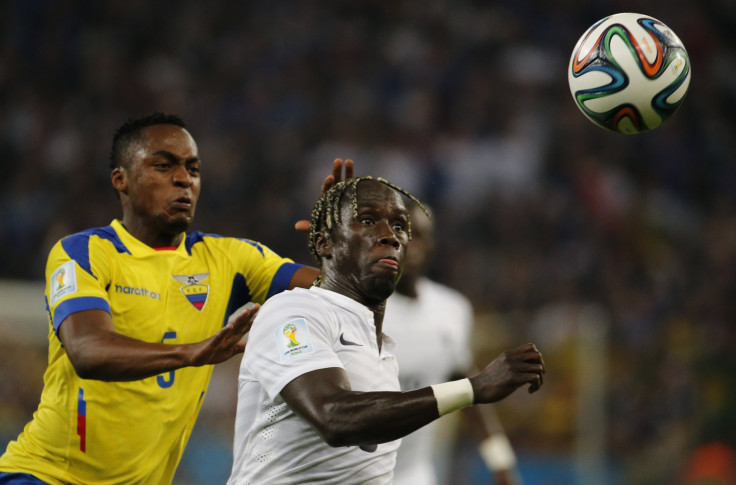Ramadan At World Cup: Fasting Raises Concerns For Muslim Players

The Islamic holy month of Ramadan presents a unique set of challenges for Muslim players whose teams will compete in the World Cup’s Round of 16 this week.
The 2014 World Cup in Brazil marks the first time since 1986 that the international soccer tournament coincides with Ramadan, the Huffington Post notes. As a result, Muslim players who intend to fast during the remainder of the competition will have to endure the region’s heat and humidity without food or water.
During Ramadan, which began this year on Saturday, June 28, and will end on Monday, July 28, observant Muslims pray extensively and abstain from food or drink during daylight hours. In order to observe the holy month, players will have to rise before dawn, eat and hydrate as best as possible, play through a full day of soccer (including elimination games), and then break their fast when the sun sets.
For teams such as Algeria, France, Belgium and Germany, whose rosters contain several Muslim players, Ramadan could have a profound effect on their performance in the Round of 16. Some players, such as Mesut Ozil of Germany and Bacary Sagna of France, have revealed that they do not plan to fast, the BBC reports.
But the debate over whether or not to fast remains a taboo topic. French coach Didier Deschamps called it a “touchy subject” that had caused debate among his players, the New York Times reports.
Algeria head coach Vahid Halilhodzic, whose team will face Germany in the knockout round on Monday, was so offended about questions regarding Ramadan that he nearly walked out of a press conference, BBC reports.
“This is a private matter and when you ask this you lack respect and ethics,” Halilhodzic said. “The players will do as they wish and I would like to stop this controversy.”
Still, the effect that Ramadan fasting has on player performance remains a matter of debate. Dr. Michel D’Hooghe, chairman of FIFA’s medical committee, told the New York Times that a fast, if done properly, shouldn’t represent a health risk for an athlete.
“We made an important study with the doctor of the Algerian Football Federation, and it was very positive,” he said. “If you do it intelligently, then you can adapt perfectly. Before the sun comes up, they have enough hydration to go on through the whole day.”
Yet some players, such as Yaya Toure, a Muslim member of the eliminated Ivory Coast national team, find the idea of fasting in Brazil unthinkable. “Fasting? Have you seen the weather? I would die,” he told the National, a newspaper in the United Arab Emirates.
Even for well-hydrated players, the heat in Brazil has been a concern; referees in several matches have enacted “cooling breaks” to prevent players from succumbing to the high temperatures. For fasting Muslims, those concerns are amplified.
© Copyright IBTimes 2024. All rights reserved.












